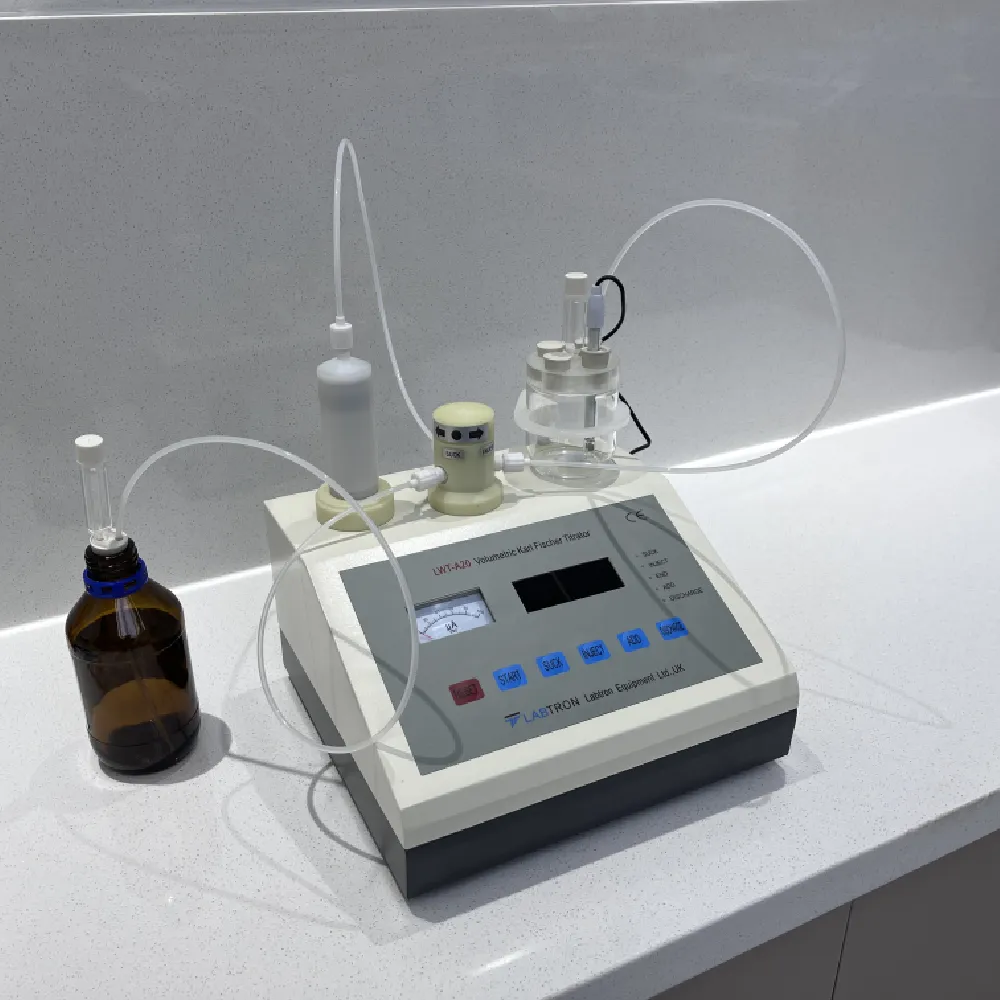 English
English



-
 Afrikaans
Afrikaans -
 Albanian
Albanian -
 Amharic
Amharic -
 Arabic
Arabic -
 Armenian
Armenian -
 Azerbaijani
Azerbaijani -
 Basque
Basque -
 Belarusian
Belarusian -
 Bengali
Bengali -
 Bosnian
Bosnian -
 Bulgarian
Bulgarian -
 Catalan
Catalan -
 Cebuano
Cebuano -
 China
China -
 China (Taiwan)
China (Taiwan) -
 Corsican
Corsican -
 Croatian
Croatian -
 Czech
Czech -
 Danish
Danish -
 Dutch
Dutch -
 English
English -
 Esperanto
Esperanto -
 Estonian
Estonian -
 Finnish
Finnish -
 French
French -
 Frisian
Frisian -
 Galician
Galician -
 Georgian
Georgian -
 German
German -
 Greek
Greek -
 Gujarati
Gujarati -
 Haitian Creole
Haitian Creole -
 hausa
hausa -
 hawaiian
hawaiian -
 Hebrew
Hebrew -
 Hindi
Hindi -
 Miao
Miao -
 Hungarian
Hungarian -
 Icelandic
Icelandic -
 igbo
igbo -
 Indonesian
Indonesian -
 irish
irish -
 Italian
Italian -
 Japanese
Japanese -
 Javanese
Javanese -
 Kannada
Kannada -
 kazakh
kazakh -
 Khmer
Khmer -
 Rwandese
Rwandese -
 Korean
Korean -
 Kurdish
Kurdish -
 Kyrgyz
Kyrgyz -
 Lao
Lao -
 Latin
Latin -
 Latvian
Latvian -
 Lithuanian
Lithuanian -
 Luxembourgish
Luxembourgish -
 Macedonian
Macedonian -
 Malgashi
Malgashi -
 Malay
Malay -
 Malayalam
Malayalam -
 Maltese
Maltese -
 Maori
Maori -
 Marathi
Marathi -
 Mongolian
Mongolian -
 Myanmar
Myanmar -
 Nepali
Nepali -
 Norwegian
Norwegian -
 Norwegian
Norwegian -
 Occitan
Occitan -
 Pashto
Pashto -
 Persian
Persian -
 Polish
Polish -
 Portuguese
Portuguese -
 Punjabi
Punjabi -
 Romanian
Romanian -
 Russian
Russian -
 Samoan
Samoan -
 Scottish Gaelic
Scottish Gaelic -
 Serbian
Serbian -
 Sesotho
Sesotho -
 Shona
Shona -
 Sindhi
Sindhi -
 Sinhala
Sinhala -
 Slovak
Slovak -
 Slovenian
Slovenian -
 Somali
Somali -
 Spanish
Spanish -
 Sundanese
Sundanese -
 Swahili
Swahili -
 Swedish
Swedish -
 Tagalog
Tagalog -
 Tajik
Tajik -
 Tamil
Tamil -
 Tatar
Tatar -
 Telugu
Telugu -
 Thai
Thai -
 Turkish
Turkish -
 Turkmen
Turkmen -
 Ukrainian
Ukrainian -
 Urdu
Urdu -
 Uighur
Uighur -
 Uzbek
Uzbek -
 Vietnamese
Vietnamese -
 Welsh
Welsh -
 Bantu
Bantu -
 Yiddish
Yiddish -
 Yoruba
Yoruba -
 Zulu
Zulu
Automated Distillation Systems Precision & Efficiency for Lab Testing
- Evolution of Laboratory Automation
- Technical Superiority in Modern Testing
- Performance Benchmark: Market Leaders Compared
- Adaptive Solutions for Industry-Specific Needs
- Operational Excellence Through Case Studies
- Economic Impact of Precision Automation
- Future Horizons for Process Optimization

(automated distillation)
Revolutionizing Lab Efficiency Through Automated Distillation
Modern laboratories require 95% faster parameter adjustments compared to manual methods. Automated distillation systems now achieve 0.01% measurement reproducibility, enabling precise control of boiling point fractions. The global market for these solutions grew 18.7% YoY (2022-2023), driven by pharmaceutical and petrochemical demand.
Technical Superiority in Modern Testing
Third-generation sensors in automated flash point testers deliver:
- ±0.5°C accuracy across -30°C to 400°C range
- 54% faster cooling cycle recovery
- Self-calibration via ISO 2719:2016 protocols
Automated Karl Fischer titrators now feature 0.001 mg H₂O sensitivity, with 23% improvement in solvent consumption efficiency versus previous models.
Performance Benchmark: Market Leaders Compared
| Feature | DX-9000 | LabMaster Pro | PrecisionAuto V7 |
|---|---|---|---|
| Analysis Time | 4.2 min | 5.1 min | 3.9 min |
| Error Margin | ±0.08% | ±0.12% | ±0.05% |
| Maintenance Cycle | 600 hrs | 450 hrs | 750 hrs |
Adaptive Solutions for Industry-Specific Needs
Custom configurations address:
- High-throughput petroleum analysis (300+ samples/day)
- GMP-compliant pharma batch tracking
- Low-volume specialty chemical testing
Modular designs enable 72-hour system reconfiguration for new ASTM methods versus 3-week retrofits in legacy systems.
Operational Excellence Through Case Studies
A lubricant manufacturer achieved:
- 39% reduction in analysis costs
- 83% faster batch release
- 0 regulatory non-compliance incidents
Cross-industry data shows 14-month average ROI for automated distillation
implementations.
Economic Impact of Precision Automation
Annual savings metrics per installation:
| Cost Category | Manual | Automated |
|---|---|---|
| Labor | $142,000 | $31,500 |
| Reagents | $68,000 | $41,200 |
| Quality Penalties | $27,500 | $1,200 |
Automated Distillation as the New Industry Standard
Recent advancements enable 98.7% method repeatability across 140+ ASTM/IP test protocols. Integration with LIMS systems reduces data transcription errors by 94%. With 37% of refineries now adopting third-generation automated distillation platforms, the technology becomes essential for competitive operations.

(automated distillation)
FAQS on automated distillation
Q: What is automated distillation and how does it work?
A: Automated distillation is a process that uses advanced machinery to separate liquid mixtures based on boiling points. It employs programmable controls and sensors for precision, reducing manual intervention and improving repeatability in industries like petroleum or chemicals.
Q: What are the benefits of using an automated flash point tester?
A: An automated flash point tester enhances safety by minimizing human exposure to flammable vapors. It ensures consistent results through standardized testing protocols and reduces errors caused by manual operation.
Q: How does an automated Karl Fischer titrator measure moisture content?
A: An automated Karl Fischer titrator uses electrochemical reactions to detect trace water levels in samples. It automates reagent dosing and endpoint detection, ensuring high accuracy and faster analysis compared to manual methods.
Q: Can automated distillation systems integrate with other lab equipment?
A: Yes, modern automated distillation systems often feature compatibility with data management software and other analyzers. This integration streamlines workflows and supports real-time monitoring for quality control.
Q: What industries benefit most from automated flash point testers and titrators?
A: Industries like petroleum, pharmaceuticals, and chemicals rely on these tools. Automated flash point testers ensure fuel safety, while Karl Fischer titrators guarantee precise moisture control in products like solvents or medications.
-
Testing Equipment Industry Sees Major Advancements in 2025: Smart & Precision Technologies Lead the WayNewsJun.06,2025
-
Applications of Direct Current Generators in Renewable Energy SystemsNewsJun.05,2025
-
Hipot Tester Calibration and Accuracy GuidelinesNewsJun.05,2025
-
Digital Circuit Breaker Analyzer Features and BenefitsNewsJun.05,2025
-
Benefits of Real-Time Power Quality Monitoring Devices for Industrial EfficiencyNewsJun.05,2025
-
Earth Fault Loop Testing in High-Rise Building Electrical SystemsNewsJun.05,2025



